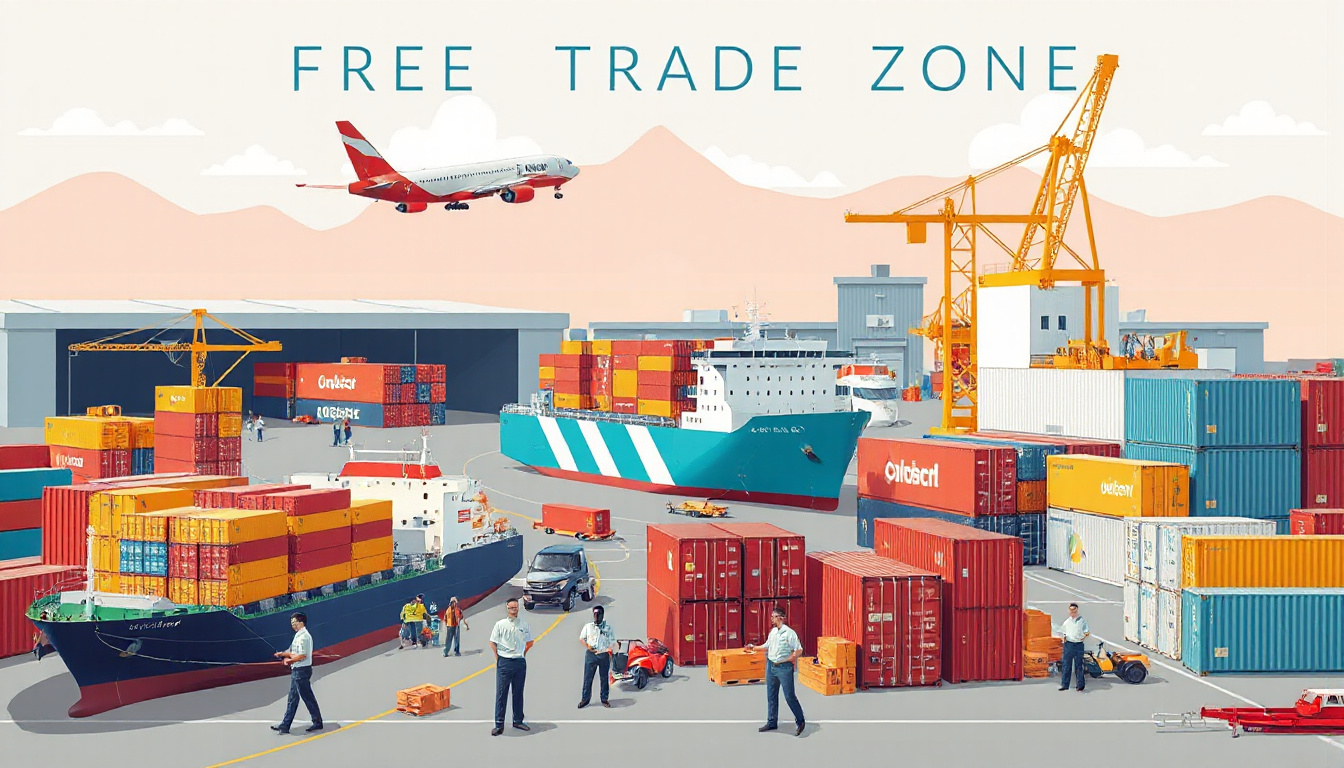In an increasingly interconnected world economy, the concept of free trade zones (FTZs) has emerged as a significant player in boosting global business growth.
As trade barriers fall and nations seek innovative ways to stimulate economic activity, free trade zones offer a unique opportunity for businesses to thrive.
Whether you’re an entrepreneur seeking to expand your market reach, an investor looking for lucrative opportunities, or simply someone curious about the mechanics of international trade, understanding free trade zones is crucial.
This article delves into the functionality, advantages, and future prospects of free trade zones, illuminating their role as a catalyst for economic growth around the globe.

 February 2026
February 2026

